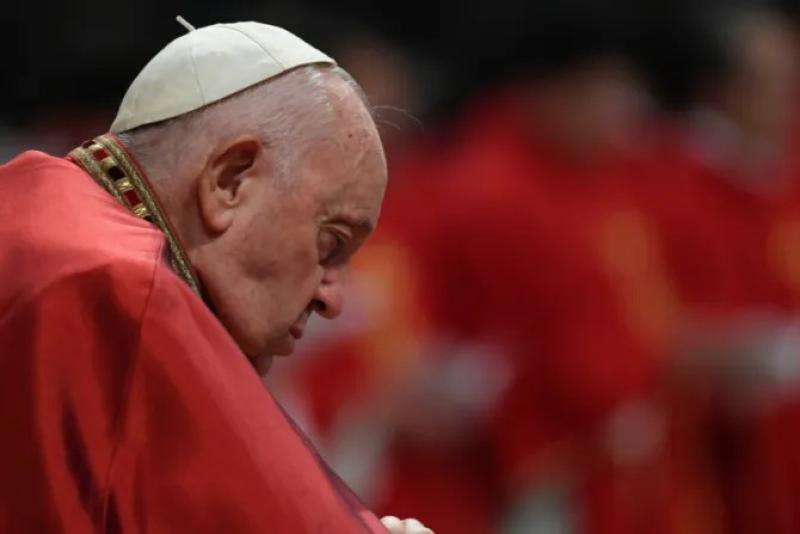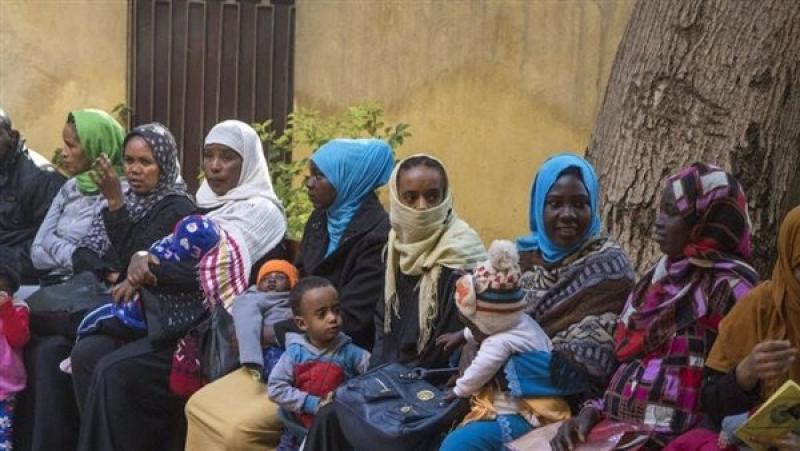Garnett Genuis writes: Christian minorities around the world facing persecution

I was very saddened to learn of yet another attack on the Egyptian Christian community. Seven Egyptian Christian pilgrims were recently killed while travelling to the Monastery of Saint Samuel the Confessor. Meanwhile, the case of Asia Bibi is in the news again. She has been acquitted by Pakistan’s Supreme Court, but faces continuing potential difficulties as a result of violent protests calling for her death. Both of these events underline the ongoing reality of Christian minorities around the world facing persecution. These are both examples of persecution in Muslim majority countries, but the problem is not limited to the Muslim world. There is a brutal crackdown against Christians in China and Christian ethnic minorities in Burma. Unfortunately, we do not hear nearly enough discussion in the West about the persecution of Christians. Objectively, Christians face discrimination and violence in many countries around the world. Any rational foreign policy oriented to promoting human rights would put a major emphasis on the rights of Christians. Christians are not looking for special rights in countries like Egypt and Pakistan – they are simply looking for the protection of their fundamental freedoms. In some countries, such as China, the source of persecution is official state policy. In others, such as in Egypt, violence comes from extremist groups which the state actively opposes. Even in cases where the state is not the agent of persecution, it is important for us to call on and work with states to ensure protection for all. Thinking of the seven just killed on their return from Saint Samuel the Confessor, it is notable that 28 Copts were killed in an attack while travelling back from that same monastery in May 2017. It is critical for the government to ensure proper security in places where repeat attacks may be taking place. Other governments must be willing to work with Egypt to support strengthened security measures which align with and advance human rights. I believe Canada can do more to stand up for fundamental human rights around the world. The UN recently held a human rights review for China, where countries from around the world asked China challenging questions about their human rights record. This would have been a great opportunity for Canada to submit questions on religious freedom and the rights of religious minorities. Instead, we only submitted one advance question: “What steps is China taking to grant equal marriage and family protections to LGBTI (Lesbian, Gay, Bisexual, Transgendered, Intersex) couples in its new Civil Code?” As we honour and remember yet more Coptic martyrs, now is a good time to explore what more Canada can do to stand up for the rights of Christians around the world.
















